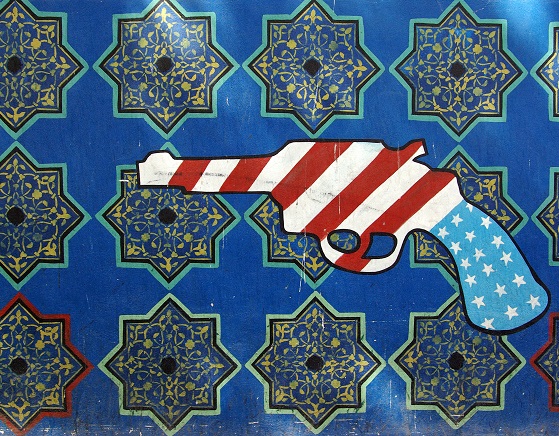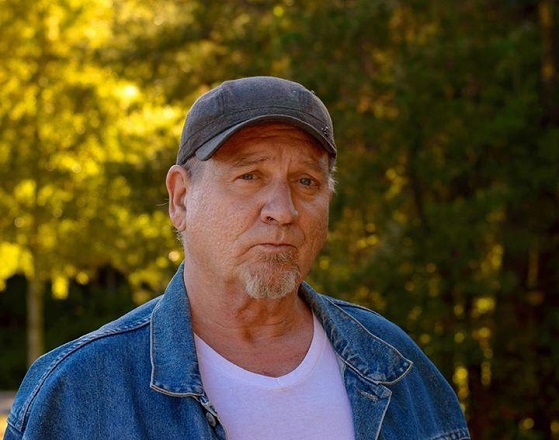Race, American Style.

{source}
I was born in the US of A in the mid 1950s, so I grew up and came of age in the 60’s and 70’s.
An era that saw many American cities, from Watts in California to Harlem in NYC, go up in flames as long simmering racial tensions exploded like a powder keg.
The first place I lived, where I grew up, was a working-class manufacturing-based city. Like my parents, most of my neighbors were first or second generation Americans from Ireland, Poland, Italy, Germany. Blacks lived in their own sections of the city, cut off socially and economically.
Something I, we, didn’t understand.
The Blacks, or Negroes, as they were called at the time, did not populate the places where my family and neighbors immigrated from. So, American Blacks, to them — who lived in the worse and most run-down sections of the city — were viewed with curiosity, suspicion, fear, and incomprehension.
This was in the Northern United States, so there was not the racial animus of them toward us, or us toward them, that exists in the American South due to their peculiar tragic history. We simply lived in two separate worlds within the one America. Seemed to be just the way things were done here.
What we knew of slavery was that it was unpaid labor. My dad, like most of the other men in our neighborhood, were trade unionists. They all agreed that was a raw deal. And we were taught in school that slavery was the cause of the American Civil War that then freed the Black American slaves.
We moved when my mother received a modest inheritance from her family in England to a working-class suburb, something I’m not sure exists any longer.
The town was divided roughly 50-50 between Whites and Blacks. But once again, the Blacks lived in separate sections of the town that were run-down compared to the white neighborhoods.
I was a teenager then, and athletic, so many of my teammates and friends were Black. I certainly didn’t see anything different in their character, intelligence or anything else. So why were they living like they were?
I honestly didn’t get it (and I know that most white Americans don’t ever get it) until I read Toni Morrison’s novel Beloved (which would earn her a Nobel Prize).
The plot of the novel unfolds around the true story of a Black woman so maddened with despair and fear that she intentionally kills her two-year-old daughter when she thinks that the child will be taken away from her and, like her, raised as a slave. Death was the better, bitter option.
Consider the level of crazed fear that it would take for a mother to do that to her child! Changed my perspective on slavery completely.
In the way only Toni Morrison can convey, she describes — in harrowing detail — how someone could come to feel that way. What the impact of generations of enslavement does to the human psyche.
A brutal, sadistic and systematic dehumanizing of a part of the American population, simply because they were Black.
This is not what we were taught about slavery in American history classes.
Another telling thing I heard recently that sheds much light on our present situation in America is that Blacks were enslaved in America longer than they’ve been free (by a 100 years). You don’t — I don’t care who you are — get over that kind of trauma in two or three generations.
Especially when the virulent and vicious racism that characterized the slavery era did not end with the Civil War of the 1850s or the Civil Rights Movement of the 1960s. Just look at the nightly news or drive through the Black section of any major city in America.
I experienced this just last week when I went to the State House in Trenton, NJ (the state capitol) to lobby for housing rights and affordable housing.
In order to get to the lavishly appointed State House from the highway, I had to drive through a neighborhood that was no different in kind than the blighted ghettos of the 1960s that sparked the riots.
I went to college in the South, and have lived in the South as much as the North. I know people who are proud of their Confederate heritage without being racist.
In order to comprehend that, you have to understand that the Civil War was about the South trying to become independent of Northern economic dominance and exploitation. Slavery was a part of that economic equation.
There is a line in the novel Cold Mountain by Charles Frazier in which a young woman from the North confronts a Southern Confederate soldier and asks him how he could fight against freeing the slaves.
He replied, “Ma’am, if you think that’s what this war was about, then you have a much higher regard for human nature than I do.”
Like all wars, it was basically about money. But even with that said, I think it is time for Southern states to remove their Confederate flags from State buildings and public places.
If for no other reason than as an admission of the extraordinary damage that the centuries of torturous enslavement did to a large part of the American population, and continues to do; as well as a concession to the demands of Black Americans to finally live with the respect, dignity and equality they earned by enduring centuries of blood, sweat and tears while at the same time making invaluable contributions to the distinct artistic and cultural life of America.
*****

